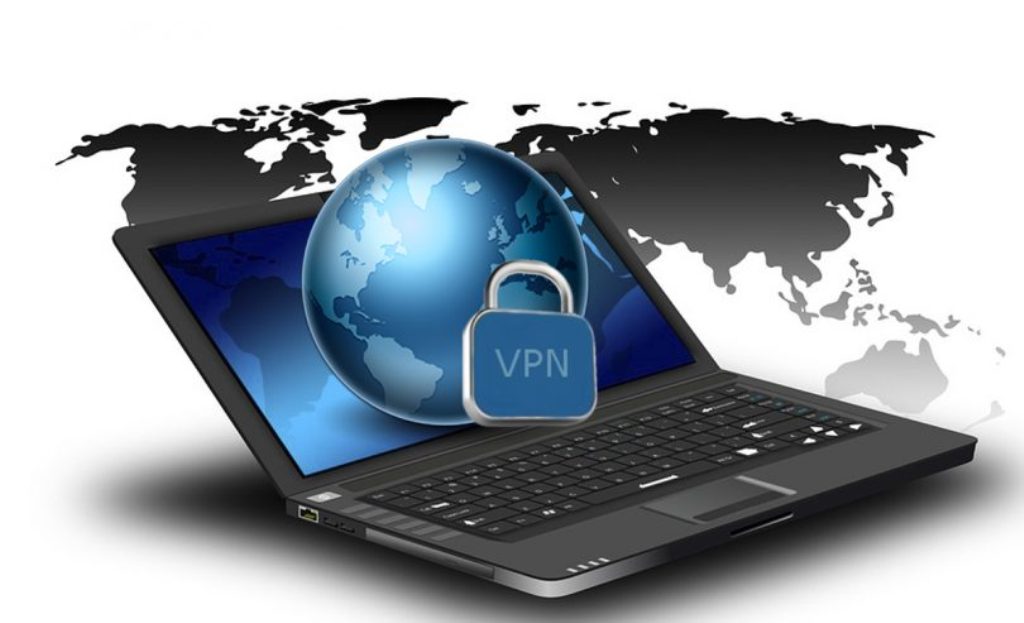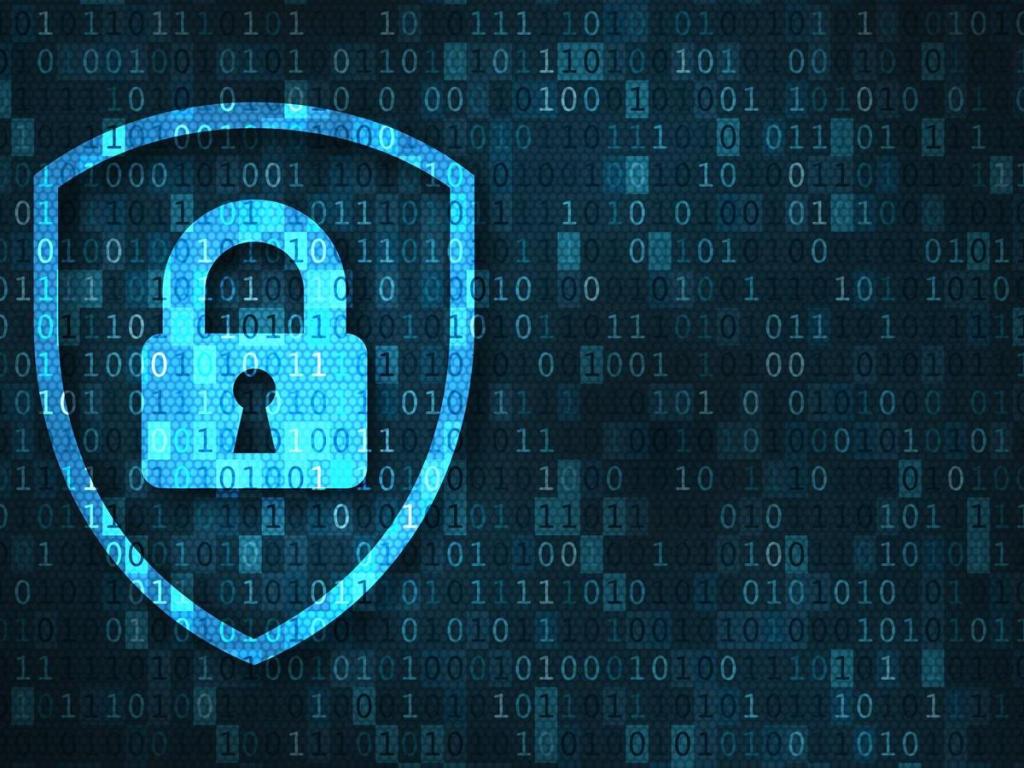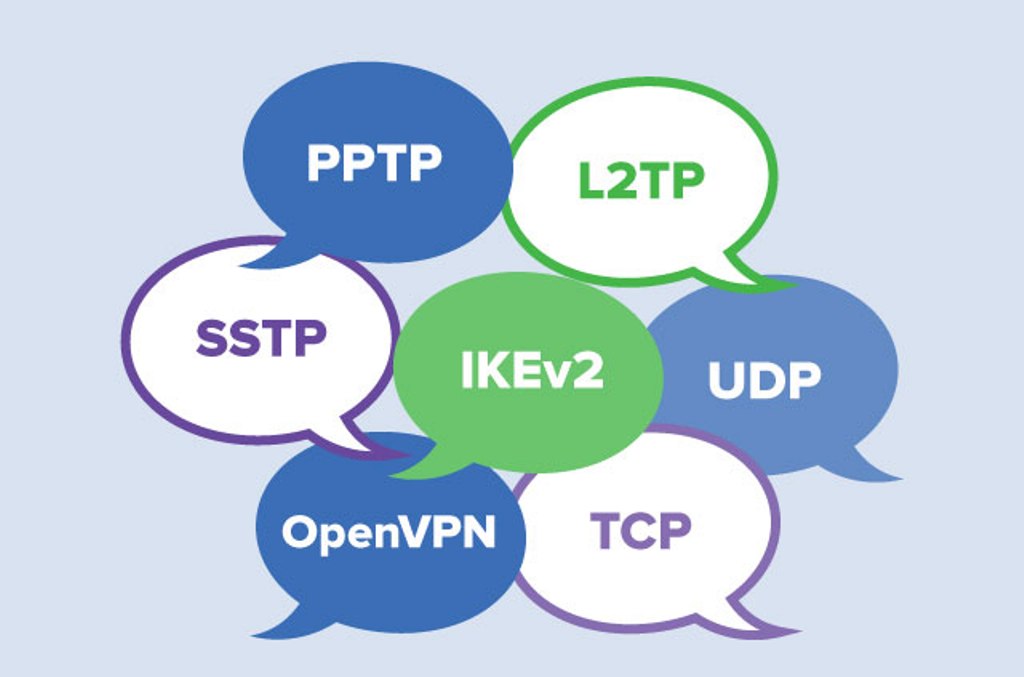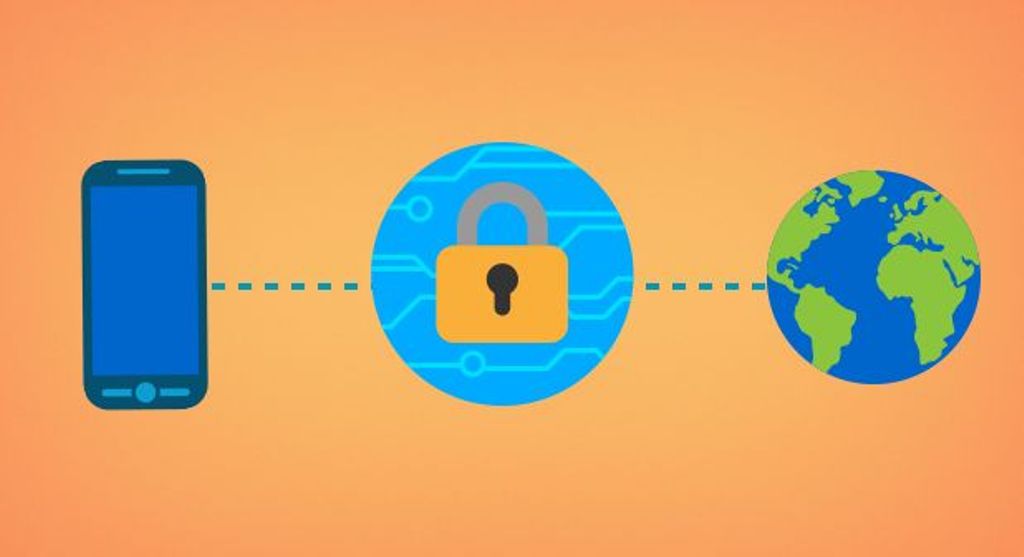VPN is the abbreviation for Virtual Private Network. Apart from ensuring your network connection is secure it also gives you access to networks in different regions. For instance, an internet user in Asia can be able to access a website in Europe. This is made possible by the fact that VPN conceals their real location and makes them appear to be in a city in Europe; this breaks regional barriers to websites access.
Initially, this service was created to allow internet users to connect businesses together online securely. Overtime, VPN spread beyond securing businesses online. All your traffic on the internet is now sent to this network before it redirected to its destination. It allows users to remotely connect to local resource networks as well as bypassing censorship on the internet. But before you choose or decide to use any VPN, you must learn which VPN would be perfect for you. vpn veteran is a perfect place for you to read all about VPN, review and compression.
I’m I fully anonymous online with a VPN service?

The answer to this question is a no. A VPN service does not keep you completely anonymous online, however, it does a tremendous job in ensuring that you are off the eyes of hackers and would be cyber criminals. Just like the personal physical addresses we have that makes it easier for persons to reach out to us, the internet has also allocated all internet users standard unique addresses.These addresses are known as Internet Protocol abbreviated as IP. If you connect to the internet with a coffee shop Wi-Fi without a VPN, your personal data, the router at the coffee shop Wi-Fi and servers you are connecting to get exposed. Any third party could use the appropriate tools to look at your data.
IP and ISP: How do they relate to a VPN?

Every computer that connects to the internet has been allocated a unique IP address that enables it to send, return and distribute information with other computers on the internet. The IP is a unique series of numbers that gives a standard format for identifying computers on the internet. Like the unique physical addresses we have, no one IP address can be similar to another. Otherwise, the internet would be a web of total confusion.
That said, understand that when you connect to the internet, it is your internet service provider that allocates your router an IP address. Before you connect to the internet, the router first creates a network between computers in your local area. This network of computers created is then connected to the internet by your internet service provider, public Wi-Fi or modem. That means that when you get connected online, each device in your local area network is given an IP address.
Worth noting is that your internet service provider has your personal details such as your web activity, name and your location. Now, if doomsday comes and your ISP gets hacked, you are in a total shit. Hackers could use your personal information to track important financial and business information that belongs to you.
Also, an ISP comes with legal restrictions. Trying to engage in piracy will alert your ISP which will communicate to copyright holders that may land you into serious legal trouble. ISPs have also been given the right to use your personal data for marketing purposes.
However, that does not mean you have lost total control of your personal information and data. It’s discouraging to realize that your data is in the hands of third parties who could be using it for their own selfish interests. A Virtual Privacy Network is your best bet in ensuring your safety and privacy online. Check out for the best VPN services on BestVPN.com
Protecting your privacy

Now that your ISP provides your IP, millions of internet users have fallen victim to unscrupulous ISPs that have used their personal data for political gains and business mileage. In a related scenario, the social giant, Facebook, came under serious public lashing and scrutiny after it emerged that personal data of many of its users were fed to an IT company, Cambridge Analytical for political purposes.
You are now picturing a scenario where a lot of your personal information is out there in the online web. Your safest way out is to employ the services of a virtual private network. A VPN allows you to hide your true identity online by shielding your original IP address with the one provided by a VPN server. Consequently, it means, your internet service provider can’t get access to your original IP but the new one by VPN.
With a VPN service, you are able to browse through the web almost anonymously. This is made possible by the fact that a VPN encrypts your personal information. Your activity online is taken through a tunnel that has been designed between you and the server in a VPN.
VPN protocols

There are several VPN protocols that come with a VPN service. Some of these protocols, like the Advanced Encryption Standard protocol, work by breaking down your data into packets. The packets are then encrypted before they are decrypted by a VPN server. This conceals your information making you surf the internet privately.
Another protocol is the Open VPN. It encrypts your data through several tunnels which protects your personal information before decrypting it on a VPN server.
VPN protocols vary in their security features. Some make your data more secure by encrypting it a number of times. However, multiple encryptions on your data have also the downside of slowing down your internet speed during decryption. You want to research on the features of a VPN protocol before going for one.
Conclusion
Staying safe online is not a choice but a necessity. Whether you are using a Smartphone, Mac or PC, it’s imperative that you protect yourself against the risks that come with using open source Wi-Fi. Your Internet service provider carries your personal information including your location, web activity and name. ISP provides your IP-Internet protocol which is your standard web address for your device that is connected online. By choosing to use a VPN, you protect yourself by masking your IP address and therefore appear as a fictitious persona online. This prevents hackers from easily accessing your data.

